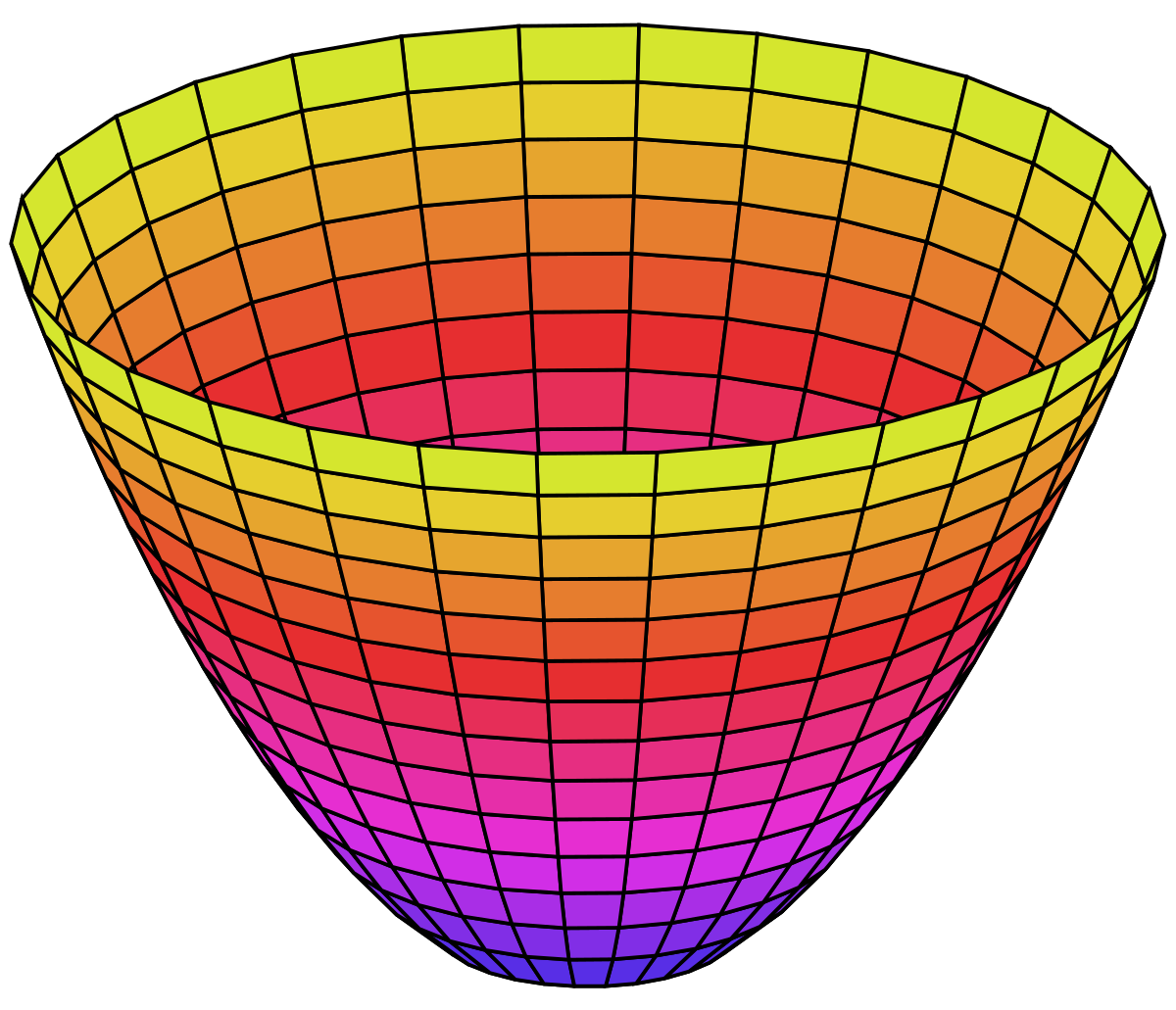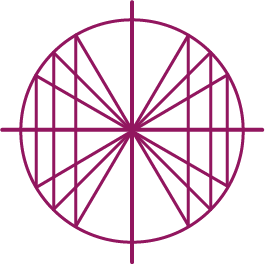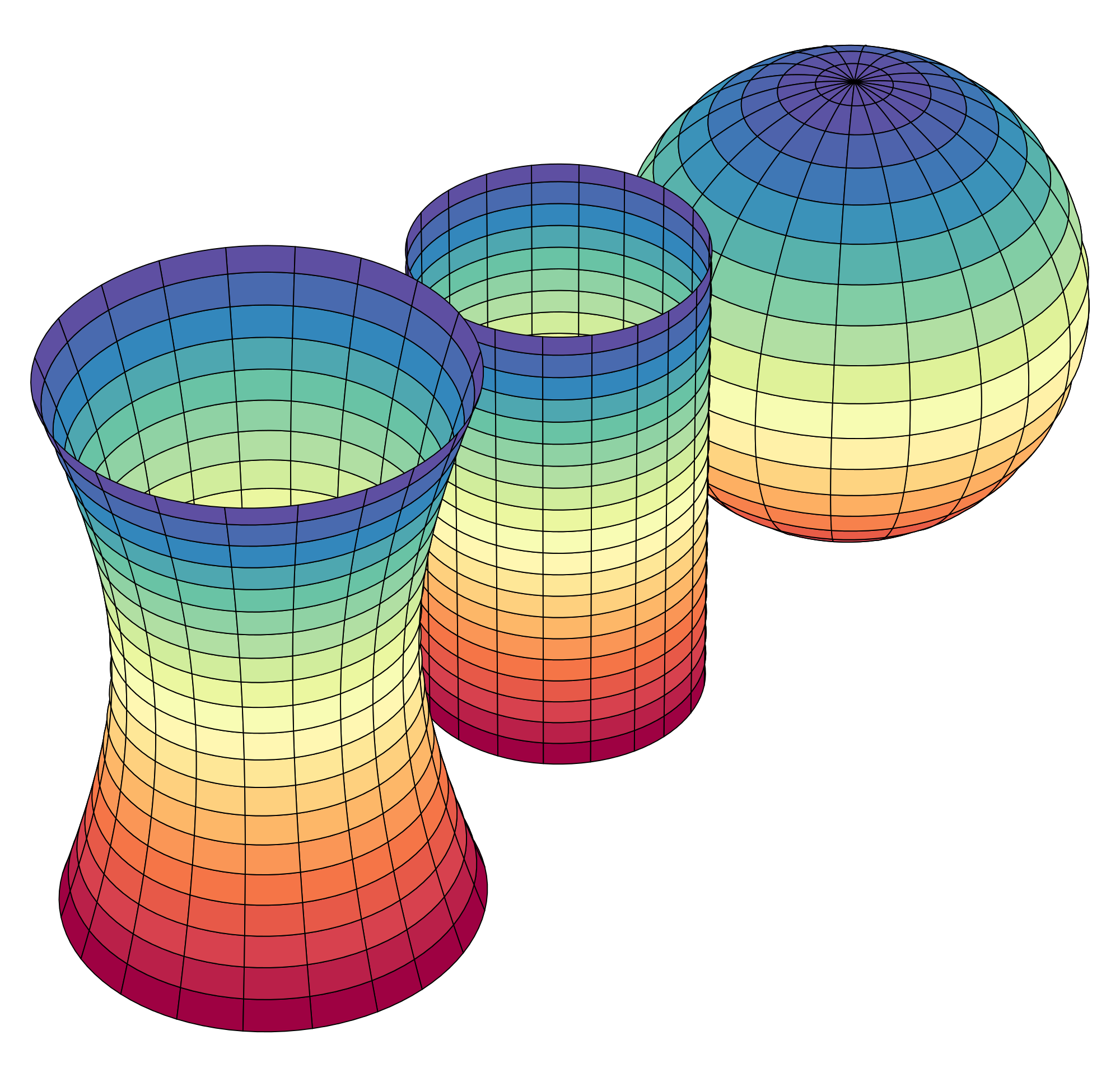Calculus-Based Statistics - Probability Theory - Distance Calculus Winter 2024 Online Course
Distance Calculus @ Roger Williams University offers Precalculus, Calculus I/II, Multivariable, Differential Equations, Linear Algebra, Probability Theory (Calculus-based Statistics) during every Winter term. Freshman Math Courses
Freshman Math Courses
- Applied Calculus for Business [3 credits] [3CR]
- Applied Calculus for Life Science [3 credits] [3CR]
- Calculus I[4 credits] [4CR]
- Calculus II[4 credits] [4CR]
 Sophomore Math Courses
Sophomore Math Courses
- Multivariable Calculus III [4 credits] [4CR]
- Differential Equations [3 credits] [3CR]
- Linear Algebra [4 credits] [4CR]
- Probability Theory [3 credits] [3CR]
 Honors Math Courses
Honors Math Courses
- Honors Calculus I [5 credits] [5CR]
- Honors Calculus II [5 credits] [5CR]
- Honors Calculus I+II for Data Science [5 credits] [5CR]
- Honors Multivariable Calculus [5 credits] [5CR]
- Honors Differential Equations [4 credits] [4CR]
- Honors Linear Algebra [5 credits] [5CR]
- Honors Linear Algebra for Data Science [5 credits] [5CR]
 Lower Division Math Courses
Lower Division Math Courses
- Precalculus with Trigonometry [4 credits] [4CR]
- Introductory Statistics [4 credits] [4CR]
- Finite Mathematics [3 credits] [3CR]
- Discrete Mathematics [4 credits] [4CR]
 Upper Division Math Courses
Upper Division Math Courses
- Computational Abstract Algebra [4 credits] [4CR]
- Computational Differential Geometry [4 credits] [4CR]
M
If you wish to complete a Calculus-Based Statistics course online, make sure you take this course from a regionally accredited college/university so that the credits you earn from this course will actually transfer to your home college/university.
The free courses available from the MOOCs (Massive Open Online Courses) like edX, Coursera, Udacity, Khan Academy, MIT Open Courseware, etc. are really excellent courses, but they do NOT result in transferrable academic credits from an accredited university!
There are more than a few actual colleges/universities offering Calculus-Based Statistics - Probability Theory - Distance Calculus courses online. Be careful as you investigate these courses - they may not fit your needs for actual course instruction and timing. Most require you enroll and engage your course during their standard academic semesters. Most will have you use a publisher's "automated textbook" which is .... um .... well, if you like that kind of thing, then you have a few options over there at those schools.
Distance Calculus is all about real university-level calculus courses - that's all we do! We have been running these courses for 20+ years, so we know how to get students through the these courses fast fast fast!
Here is a video about earning real academic credits in Calculus-Based Statistics from Distance Calculus @ Roger Williams University:
Earning Real Academic Credits for Calculus
Applied Calculus vs Calculus I
Calculus-Based Statistics course can best be described as a "first course in the study of Statistics and Probablity Theory using Calculus".
This course has many names, all being equivalent:
- Probablity Theory
- Calculus-Based Statistics
- Second Course in Statistics for STEM
Our Probability Theory course differs from a classroom/textbook-based course in that we employ Mastery Learning so that you complete all assignments at 100% to assure competancy, as well as our curriculum shifting the course to a laboratory-style course, where theorem/lemma/proof type exposition is replaced by running experiments in Mathematica as you would in a science laboratory to empirically deduce the concepts and behaviors of Probability Theory, both solvable (classically) via hand-based techiques, as well as studying Probability Theory that can only be solved and investigated graphically and numerically using a computer. The Probability Theory curriculum is highly visual and based upon observations of experiments run in Mathematica or LiveMath.
At Distance Calculus, we call our "Calculus-Based Statistics" course as Probability Theory - DMAT 311 - 3 credits.
Below are some links for further information about the Calculus-Based Statistics course via Distance Calculus @ Roger Williams University.
 Freshman Math Courses
Freshman Math Courses
- Applied Calculus for Business [3 credits] [3CR]
- Applied Calculus for Life Science [3 credits] [3CR]
- Calculus I[4 credits] [4CR]
- Calculus II[4 credits] [4CR]
 Sophomore Math Courses
Sophomore Math Courses
- Multivariable Calculus III [4 credits] [4CR]
- Differential Equations [3 credits] [3CR]
- Linear Algebra [4 credits] [4CR]
- Probability Theory [3 credits] [3CR]
 Honors Math Courses
Honors Math Courses
- Honors Calculus I [5 credits] [5CR]
- Honors Calculus II [5 credits] [5CR]
- Honors Calculus I+II for Data Science [5 credits] [5CR]
- Honors Multivariable Calculus [5 credits] [5CR]
- Honors Differential Equations [4 credits] [4CR]
- Honors Linear Algebra [5 credits] [5CR]
- Honors Linear Algebra for Data Science [5 credits] [5CR]
 Lower Division Math Courses
Lower Division Math Courses
- Precalculus with Trigonometry [4 credits] [4CR]
- Introductory Statistics [4 credits] [4CR]
- Finite Mathematics [3 credits] [3CR]
- Discrete Mathematics [4 credits] [4CR]
 Upper Division Math Courses
Upper Division Math Courses
- Computational Abstract Algebra [4 credits] [4CR]
- Computational Differential Geometry [4 credits] [4CR]
- Calculus-Based Statistics Online Course For Credit Start Immediately
- Calculus-Based Statistics Quick Online Course For Credit Start Immediately
- Calculus-Based Statistics Summer 2024 Online Course
- Calculus-Based Statistics Winter 2024 Online Course
- Calculus-Based Statistics Winter Course
- Calculus-Based Statistics Spring Course
- Calculus-Based Statistics Fall 2024 Online Course
- Calculus-Based Statistics Online Accredited
Distance Calculus - Student Reviews





Date Posted: Dec 8, 2020
Review by: Aileen C.
Courses Completed: Differential Equations
Review: This course may be more difficult than your average differential equations course, which better prepares you to use these skills in your degree. The self-learning does make learning some of the concepts challenging, but you get the help you need to understand these concepts.
Transferred Credits to: Johns Hopkins University





Date Posted: Jan 15, 2021
Review by: Rachel H.
Courses Completed: Probability Theory
Review: Dr. Curtis gave helpful and timely feedback, and made the teaching videos very engaging! The course model and associated software was easy to acclimate to.
Transferred Credits to: Cedarville University





Date Posted: Jan 12, 2020
Review by: Anonymous
Courses Completed: Calculus I
Review: This course is amazing! I took it as a requirement for admission to an MBA program, and couldn't have been happier with the quality and rigor of the course. I previously took calculus two times (at a public high school and then a large public university commonly cited as a "public ivy"), this course was by far the best and *finally* made the concepts click. Previously I had no idea what was going on because terrible PhD students were teaching the course and saying stuff like "a derivative is the slope of a tangent line" - ??? but what does that mean ???, but the instructors in the Shorter University course explain everything in ways where it FINALLY made sense (e.g., "imagine a roller coaster hitting the top of a hill, there's a moment where it shifts momentum and you're not accelerating or decelerating, that's what a 0 rate of change is - that's when the derivative would be zero"). They explain everything in multiple ways and relate it to other concepts. It all made perfect sense when I finally had a good instructor. Really recommend this class
Transferred Credits to: The Wharton School, UPenn
 Freshman Math Courses
Freshman Math Courses
- Applied Calculus for Business [3 credits] [3CR]
- Applied Calculus for Life Science [3 credits] [3CR]
- Calculus I[4 credits] [4CR]
- Calculus II[4 credits] [4CR]
 Sophomore Math Courses
Sophomore Math Courses
- Multivariable Calculus III [4 credits] [4CR]
- Differential Equations [3 credits] [3CR]
- Linear Algebra [4 credits] [4CR]
- Probability Theory [3 credits] [3CR]
 Honors Math Courses
Honors Math Courses
- Honors Calculus I [5 credits] [5CR]
- Honors Calculus II [5 credits] [5CR]
- Honors Calculus I+II for Data Science [5 credits] [5CR]
- Honors Multivariable Calculus [5 credits] [5CR]
- Honors Differential Equations [4 credits] [4CR]
- Honors Linear Algebra [5 credits] [5CR]
- Honors Linear Algebra for Data Science [5 credits] [5CR]
 Lower Division Math Courses
Lower Division Math Courses
- Precalculus with Trigonometry [4 credits] [4CR]
- Introductory Statistics [4 credits] [4CR]
- Finite Mathematics [3 credits] [3CR]
- Discrete Mathematics [4 credits] [4CR]
 Upper Division Math Courses
Upper Division Math Courses
- Computational Abstract Algebra [4 credits] [4CR]
- Computational Differential Geometry [4 credits] [4CR]

